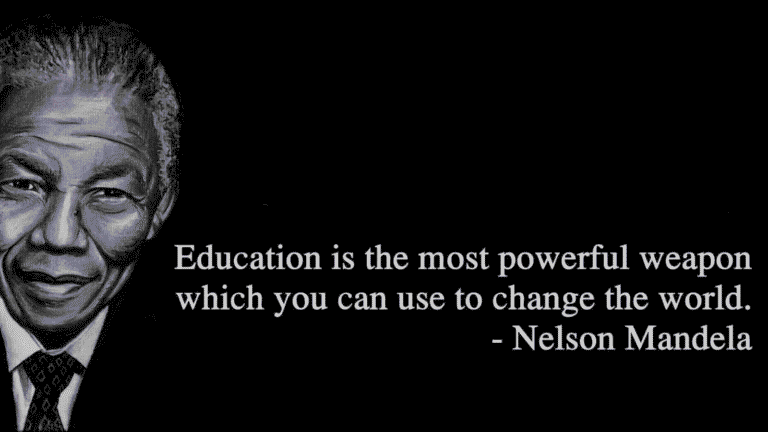Rebuilding the Moral Fabric of Tomorrow’s Society
*Rebuilding the Moral Fabric of Tomorrow’s Society*
The moral fabric of future society is undeniably weakening, and this trend is becoming increasingly visible across communities. While numerous factors contribute to this decline, the need for a swift and effective solution has become an urgent priority in today’s world.
Looking back, particularly before 2019, there were structured efforts in place that helped instill moral values within communities. Institutions such as Jamaats, evening madrasas, and Ahatheeya classes played a vital role in nurturing ethical conduct and social responsibility among children and youth. These platforms not only taught religious knowledge but also emphasized discipline, respect, and civic values. As a result, communities enjoyed a relatively stable moral grounding.
However, the post-2019 era witnessed a gradual breakdown of these systems. Several social and political shifts, combined with a growing disconnect between traditional institutions and modern youth, have contributed to this decline. What was once a collective effort to instill moral values has now become fragmented and, in many cases, ineffective.
One of the biggest challenges in this landscape is the cultural shift in how advice and moral guidance are received. In today’s digital age, those who attempt to provide counsel or uphold traditional values are often dismissed as “boomers.” Emotional and ethical expressions are mocked and labeled as “cringe,” creating a toxic environment where moral conversations are neither respected nor encouraged.
In such a context, the ideal solution would be a collaborative effort between schools and mosques to reintroduce and reinforce moral education in a way that resonates with the modern generation. However, given current societal dynamics and institutional limitations, such cooperation seems increasingly unlikely.
As an alternative, it is imperative to establish new Islamic educational institutions that are grounded in faith-based principles while being adaptive to the needs of the time. These institutions must operate under distinct, modern identities—separate from traditional labels—so as to appeal to a broader audience. They should charge reasonable fees to ensure sustainability but must remain strictly non-profit in nature, driven by a mission to reform rather than to earn.
In conclusion, the revival of our society’s moral core will require creativity, courage, and a fresh approach to education. If we are to raise a generation that values integrity, compassion, and responsibility, we must act now—intelligently and inclusively. This is my perspective. I welcome yours as we continue this vital conversation.



